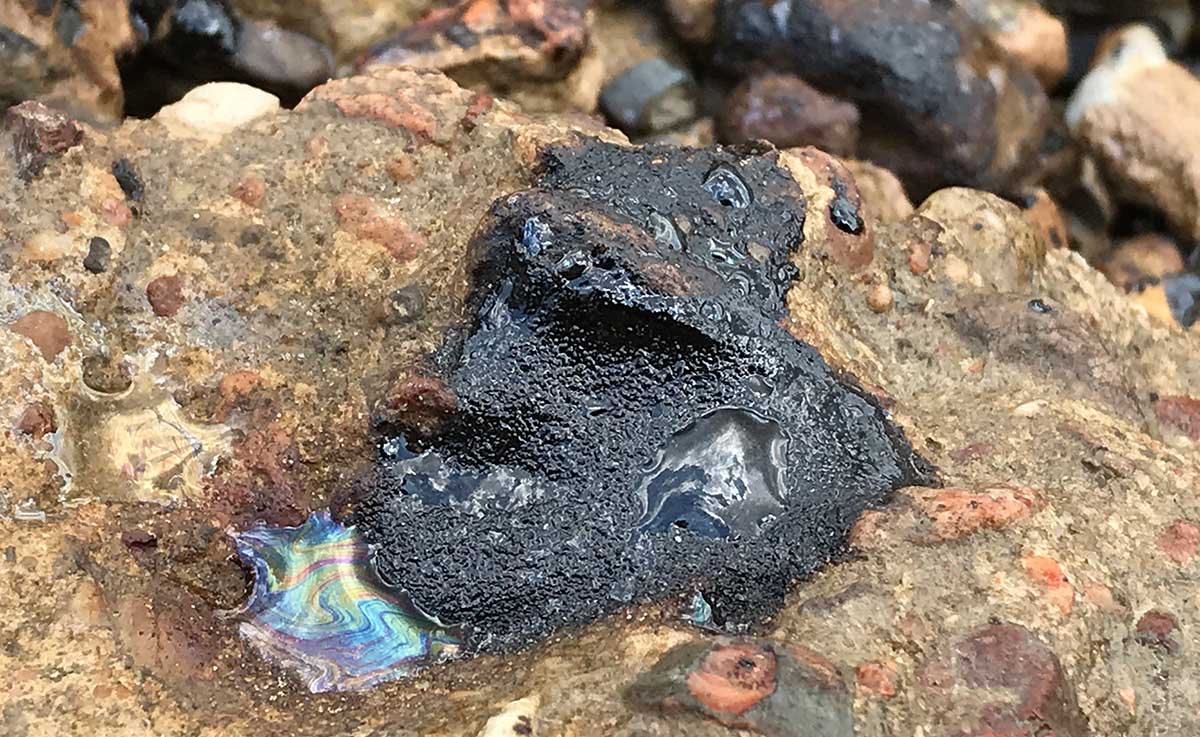Chemical spills are a sort of hazardous waste that needs to be dealt with right away in order to ensure the safety of everyone nearby. Hazardous waste cleanup is not always easy, though. To execute this activity effectively and securely, a variety of abilities and experiences are needed. You always speak with experts when dealing with a situation like this. So how can you know if there has been a chemical spill? Let’s look at the many categories of hazardous waste and determine what makes them unique.
Classifications Of Hazardous Waste
Ignitable waste is defined as liquids with a flashpoint below 140°F. It is quite dangerous. This includes garbage that is easily combustible and solids that can spontaneously ignite, such as some types of aerosols (e.g., oily rags). When handling ignitable rubbish, specific procedures must be followed that do not apply to other types of trash.
Reactive waste is a word used to describe garbage that, when combined with other substances, has the potential to produce hazardous gases. These objects come under a variety of trash categories, but they all have unique safety characteristics that set them apart from other waste categories.
Acidic or basic solutions with a pH of 12.5 or lower make up the corrosive waste. To prevent it from corroding anything it comes into contact with, corrosive waste must be treated with extreme caution. Garbage disposal could be challenging.
Any chemical that has the potential to kill humans or animals is considered toxic waste. Even though we’ve already covered a lot of hazardous waste types, there are still others that don’t fit into these other categories but are nonetheless dangerous to people or animals.
Any item or trash containing germs is infectious (disease-causing bacteria). These are frequently encountered in hospitals or research facilities, and disposing of them calls for specialized techniques.
The term “radioactive waste” refers to any trash that produces ionizing radiation. Even when handled and disposed of with specialist tools, it is quite difficult to totally eliminate this kind of trash.
The trash that is associated with an infection is made up of potentially harmful materials. It needs specialized knowledge and training for effective disposal, just as infectious waste.
Chemical waste is any trash that the EPA has classified as hazardous. Chemical waste is common and makes up a sizable portion of the rubbish in our environment. To understand the problems involved in the proper disposal of chemical waste, specialist training is necessary.
Waste that presents a variety of risks is referred to as “mixed rubbish” (for example, chemical and infectious waste). To dispose of this kind of waste, a variety of specialists may be required, and no two mixed waste scenarios are ever the same. Each technique must be chosen and carefully considered on a case-by-case basis in order to guarantee that all trash is properly managed.
Although there are other types of hazardous waste, these nine are the most common. You should assume that your rubbish falls into one of these categories if you are unsure. When handling hazardous waste, it is essential to take all necessary precautions because it may be extremely dangerous to both people and the environment.
Why Should You Hire a Company to Clean Up the Environment?
Utilizing highly skilled personnel is crucial for environmental cleaning.
Why is that:
- They have the training and expertise needed. Environmental cleaning specialists are qualified to safely and effectively remove hazardous materials from a contaminated site. They are educated to identify and handle potentially dangerous compounds, and they have the newest equipment.
- They follow strict safety protocols. When handling hazardous materials, safety is of the utmost concern, and environmental cleaning specialists are required to follow strict safety guidelines. This protects both the working environment and the surrounding area.
- They are aware of the rules. Strict guidelines control the cleanup of hazardous locations, and environmental cleaning professionals are familiar with all relevant laws and norms. This guarantees adherence to all relevant laws during the cleanup.
- They are protected by insurance. You may feel secure knowing that the environmental cleanup firm you choose is properly insured. This shields you from responsibility if something goes wrong when cleaning up.
The best way to ensure a contaminated site is cleaned up safely and effectively is to hire a qualified environmental cleaning firm.
What Does Environmental Professional Cleaning Involve?
Utilizing highly skilled personnel is crucial for environmental cleaning. Why is that
They have the training and expertise needed. Environmental cleaning specialists are qualified to safely and effectively remove hazardous materials from a contaminated site. They are educated to identify and handle potentially dangerous compounds, and they have the newest equipment.
They follow strict safety protocols. When handling hazardous materials, safety is of the utmost concern, and environmental cleaning specialists are required to follow strict safety guidelines. This protects both the working environment and the surrounding area.
They are aware of the rules. Strict guidelines control the cleanup of hazardous locations, and environmental cleaning professionals are familiar with all relevant laws and norms. This guarantees adherence to all relevant laws during the cleanup.
They are protected by insurance. You may feel secure knowing that the environmental cleanup firm you choose is properly insured. This shields you from responsibility if something goes wrong when cleaning up.
The best way to ensure a contaminated site is cleaned up safely and effectively is to hire a qualified environmental cleaning firm.
Environmental Cleanup Risks
Specialists in environmental cleaning are skilled in properly removing dangerous pollutants from a place. As an alternative, using a cleanup service carries some dangers. Before everything else, make sure that the labor you engage is completely licensed and insured. If not, you risk being held accountable for any mishaps or injuries sustained while cleaning up. Additionally, cleaning up the environment can be expensive, so be sure you have the money to cover the expense of the team and the disposal of hazardous materials. And finally, since environmental cleanup can be a challenging and dangerous task, it is crucial that you carefully communicate your expectations to the staff. You can contribute to lowering the risks associated with environmental remediation by following these procedures.
For further information or for help with cleanup, please visit www.hcienv.com.








Comments